5 min read
#INBOUND23: 15 Things Every HubSpot Admin in the Construction Industry Needs to Know
![]() Ainhoa Rodriguez-Muguruza
:
19-Sep-2023 14:24:00
Ainhoa Rodriguez-Muguruza
:
19-Sep-2023 14:24:00

In an increasingly competitive business landscape, companies in the construction industry are turning to advanced CRM tools like HubSpot to streamline their operations, enhance customer relationships, and boost growth.
For construction industry professionals, becoming proficient in HubSpot can be a game-changer. In this blog post, we will explore the key things every HubSpot admin in the construction industry needs to know. These best practices are brought to you from INBOUND23 from Kyle Jepson.
Implementing HubSpot in the Construction Industry
Implementing HubSpot is a pivotal step in streamlining your construction business operations and enhancing your CRM capabilities. In this section, we will delve into the key aspects of implementing HubSpot for your construction company. From configuring properties to match your specific needs to customising pipelines and records, we'll explore how to tailor HubSpot to the unique demands of your industry.
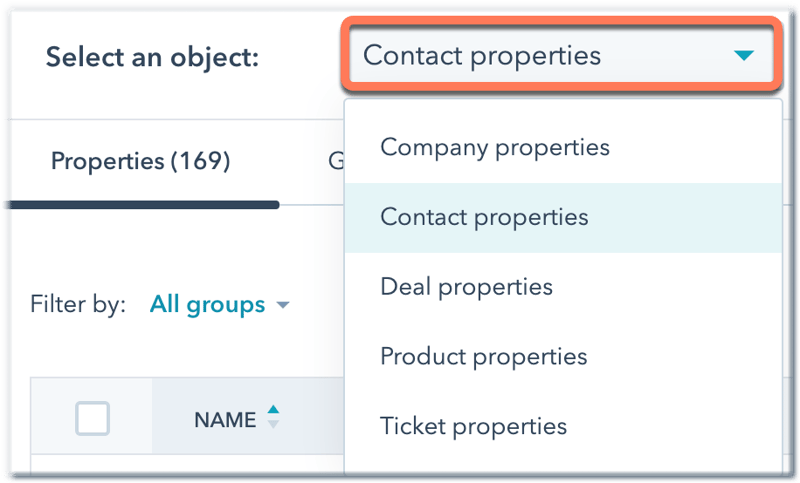
#1 Properties
Properties in HubSpot are the building blocks of your CRM.
They allow you to store, organise, and retrieve important information about your construction projects, clients, and prospects. As a HubSpot admin, it's crucial to understand how to create and customise properties to match the specific needs of your construction business. You can create custom properties for project status, client preferences, or any other data relevant to your operations.
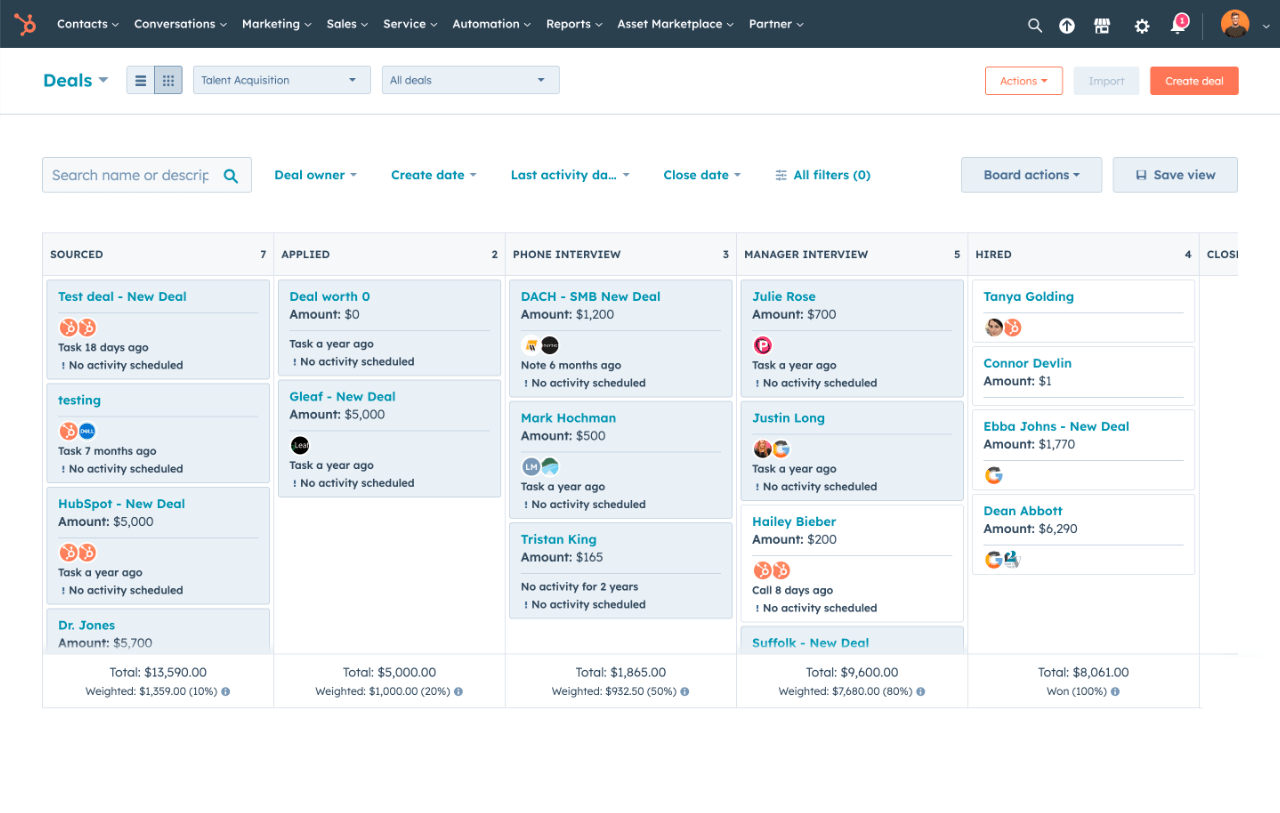
#2 Pipeline Customisation
In the construction industry, managing projects through various stages is paramount.
HubSpot's pipeline customisation feature enables you to design and customise pipelines to match your unique project management process. Tailoring your pipelines to reflect the stages of project development, from initial lead acquisition to project completion, will help you manage your sales and project teams more efficiently.
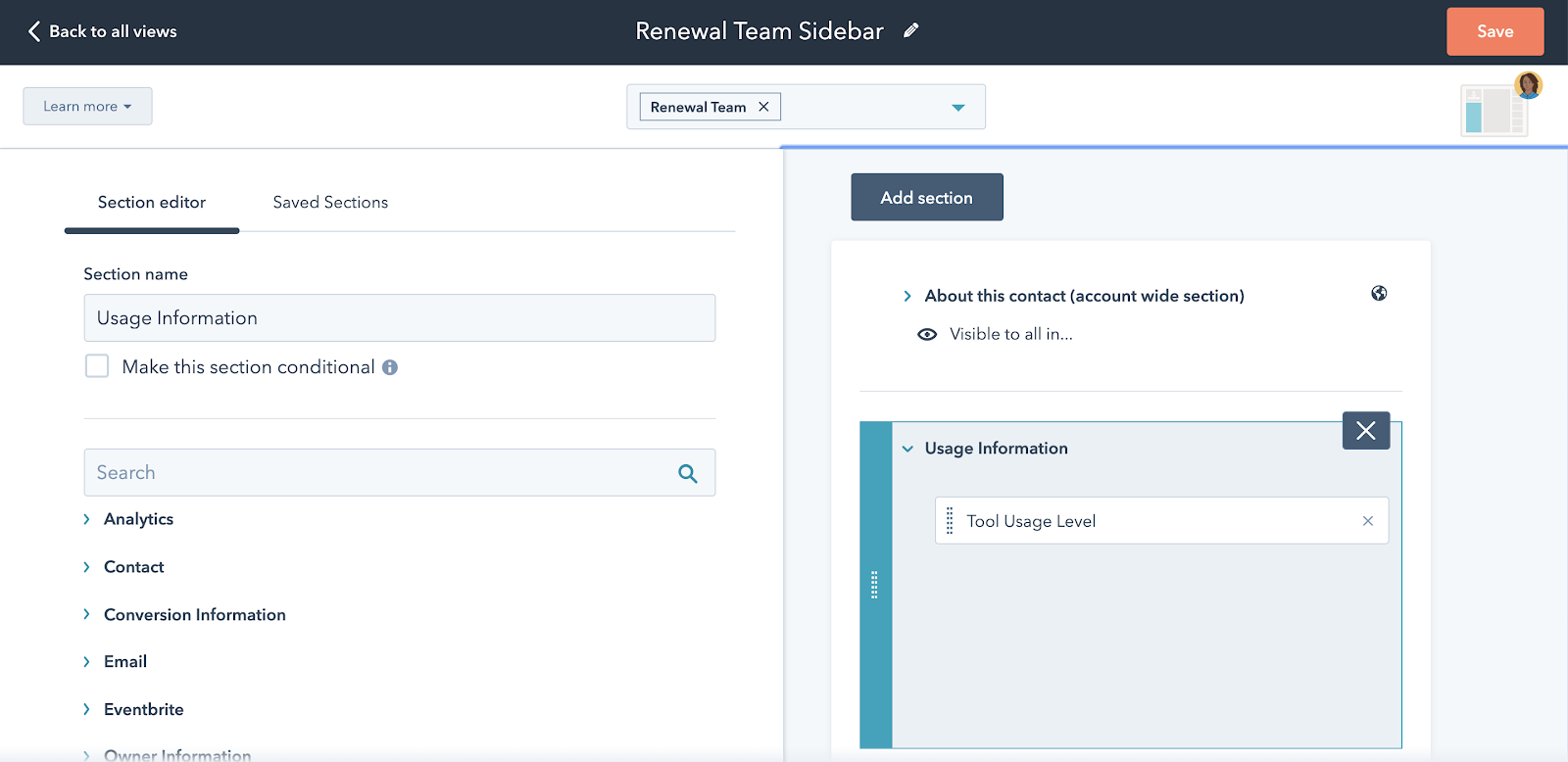
#3 Record Customisation
Records in HubSpot are where you store information about your contacts, companies, and deals.
Customising records allows you to capture and display the information that's most relevant to your construction business. Consider adding custom record fields for project details, timelines, budget constraints, or subcontractor information. This customisation ensures that your HubSpot CRM is tailored to your industry's specific needs.
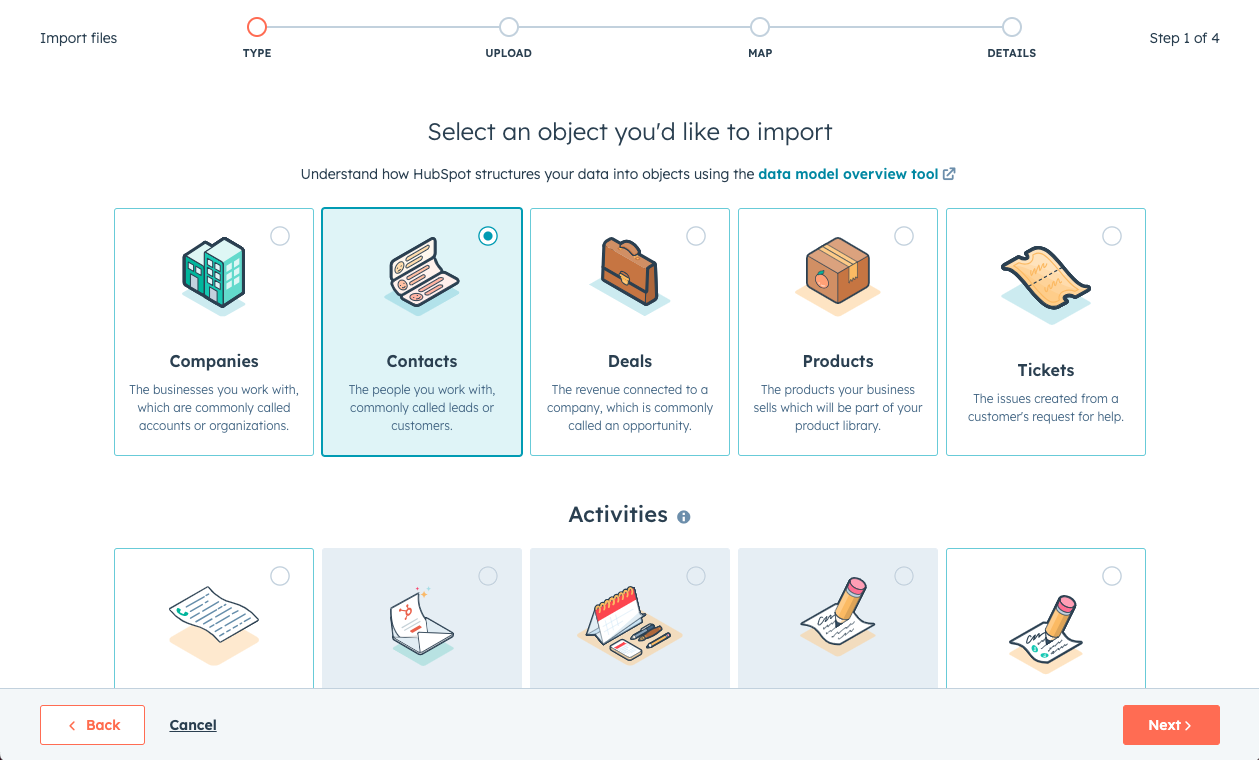
#4 Import and Data Migration
During the implementation phase, you'll likely need to import existing data into HubSpot.
Understanding the import and data migration processes is crucial to maintain data integrity and ensure a smooth transition to the new CRM. Be prepared to map your existing data to HubSpot's structure and resolve any data quality issues.

#5 User Training and Onboarding
As a HubSpot admin, part of your role is to ensure that your team members are proficient in using the platform.
Providing comprehensive training and onboarding sessions for your construction team will help them leverage HubSpot effectively. It's essential to empower your colleagues with the knowledge they need to make the most of this powerful tool.
Optimising HubSpot in the Construction Industry
Once you've successfully implemented HubSpot into your construction business, the journey doesn't end there.
With the right approach, you can maximise its potential to streamline processes, boost productivity, and enhance your ability to connect with clients and manage projects efficiently. From automating repetitive tasks to analysing data-driven insights, you can ensure you're getting the most out of HubSpot for the continued success of your construction endeavours.

#1 Automate Workflows
HubSpot's workflow automation capabilities can save you time and improve your efficiency.
Automate repetitive tasks, such as sending follow-up emails, assigning leads to sales reps, or nurturing client relationships. By creating and optimising workflows, you can ensure that your team's efforts are focused on what matters most: building relationships and delivering projects.
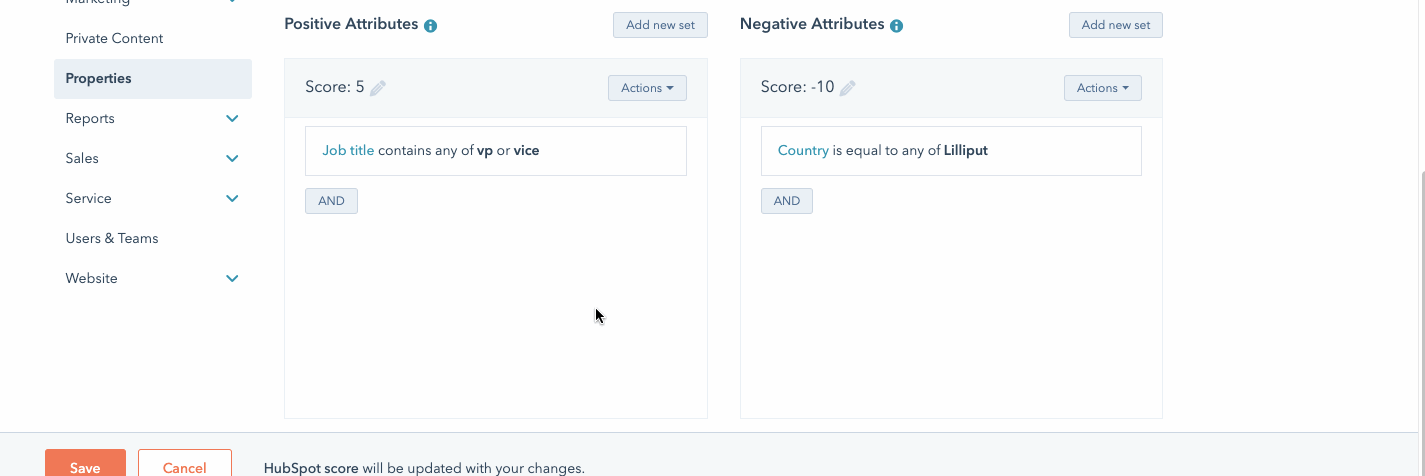
#2 Lead Scoring
Identifying and prioritising high-value leads is essential in the construction industry.
HubSpot's lead scoring feature allows you to assign scores to leads based on their behaviour and engagement with your content. By leveraging lead scoring, you can ensure your sales team is spending their time on the most promising opportunities.
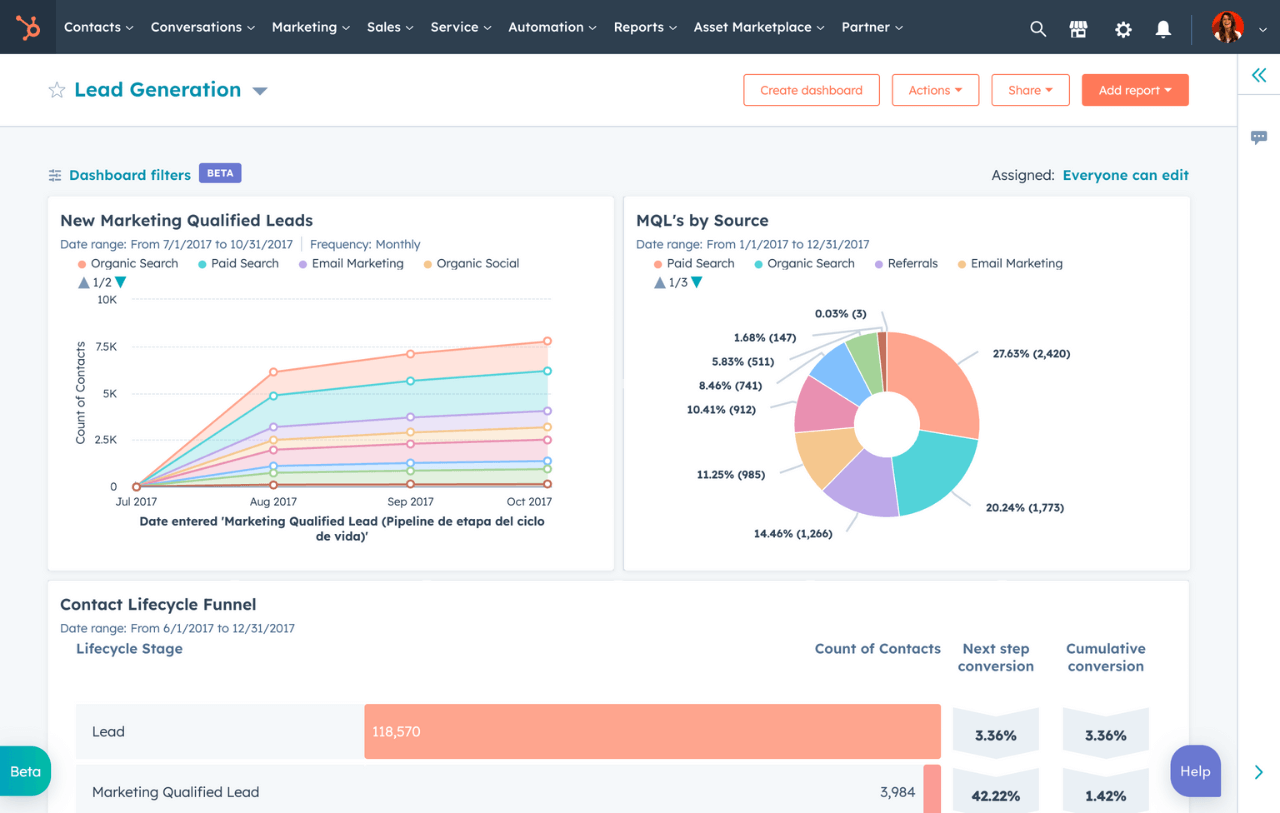
#3 Reporting and Analytics
HubSpot offers robust reporting and analytics tools that provide insights into your construction business's performance.
Learn how to create and customise reports to track key metrics such as lead conversion rates, project timelines, and customer satisfaction. These insights will enable data-driven decision-making and help you continuously improve your strategies.
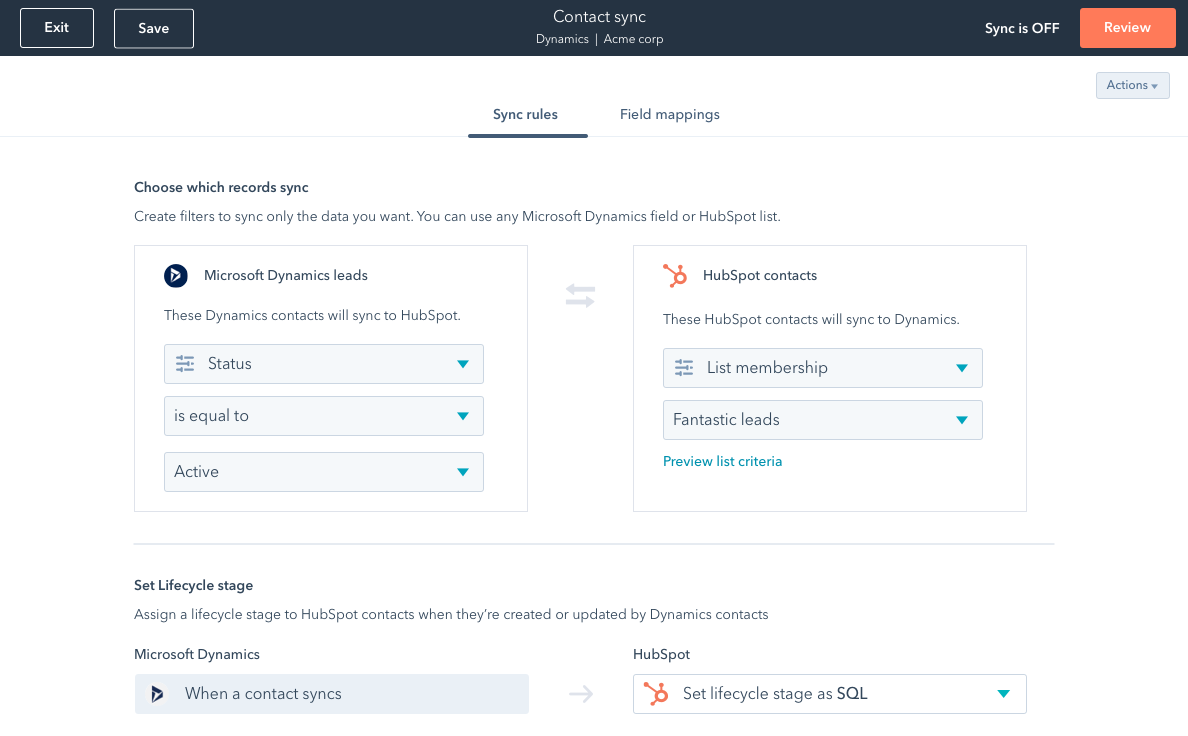
#4 Integration with Construction Software
To fully optimise HubSpot for your construction business, consider integrating it with other construction-specific software tools you use, such as project management software, estimating tools, or scheduling applications.
Seamless integration can streamline your processes and provide a comprehensive view of your projects and client interactions.
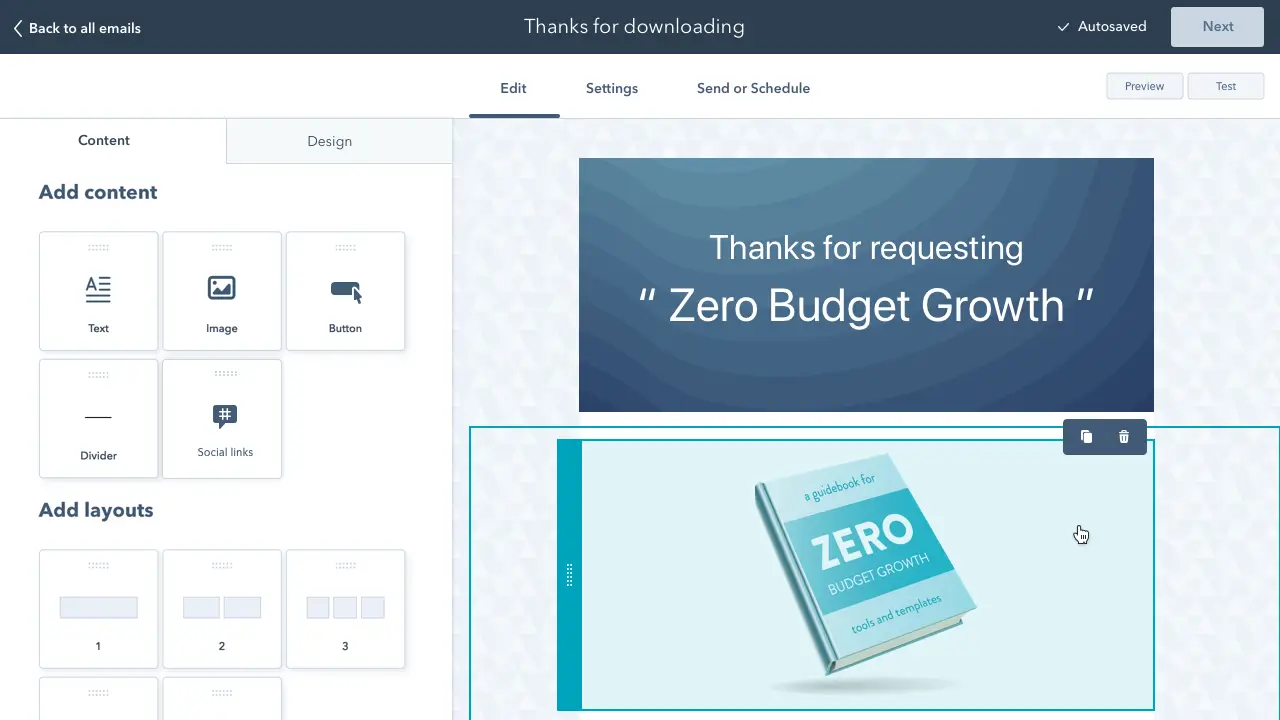
#5 Content and Inbound Marketing
Inbound marketing plays a significant role in the construction industry.
Learn how to leverage HubSpot for content marketing, blogging, and SEO optimisation. Creating valuable content and optimising it for search engines can help you attract more qualified leads and position your construction company as an industry authority.
Troubleshooting HubSpot in the Construction Industry
While HubSpot is a powerful tool, occasional issues or questions may arise. As a HubSpot admin in the construction industry, you should be prepared to troubleshoot and resolve these issues efficiently.
From addressing common issues to providing solutions for unexpected roadblocks, you will need to have the knowledge and strategies to overcome any hurdles that may arise. Whether it's resolving technical glitches, optimising workflows, or troubleshooting data discrepancies, HubSpot will support your construction business continues to operate seamlessly.
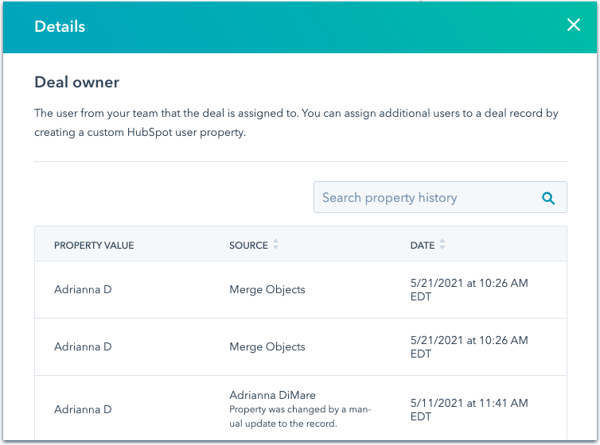
#1 Property History
HubSpot provides a property history feature that tracks changes to properties over time.
This can be invaluable for auditing and understanding data changes in your CRM. Familiarise yourself with this feature to address any discrepancies or errors in property data.
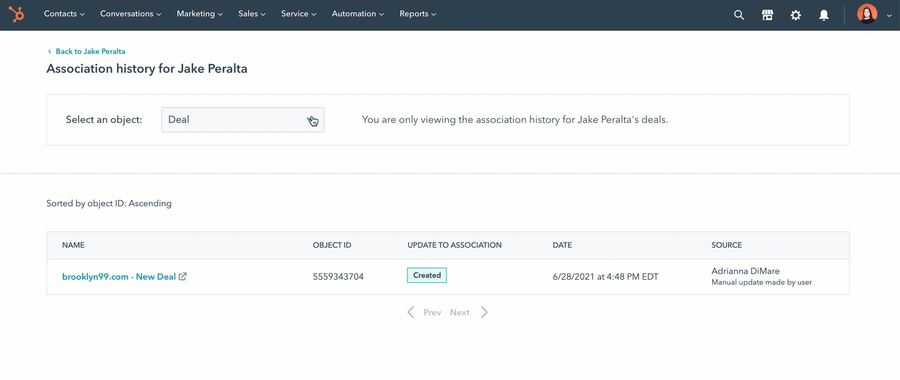
#2 Association History
Association history tracks the connections between records in HubSpot.
Understanding association history can help you troubleshoot issues related to contacts, companies, and deals being linked correctly. This is especially crucial when managing multiple stakeholders in construction projects.
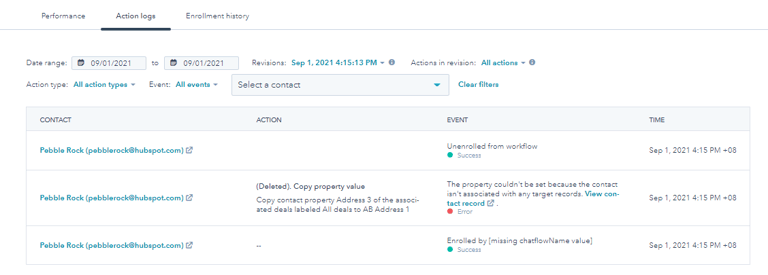
#3 Workflow Enrolment History
Workflows are powerful tools for automation, but sometimes leads may not be enrolling as expected.
Knowing how to review and troubleshoot workflow enrolment history can help you identify and resolve issues in your automation processes.
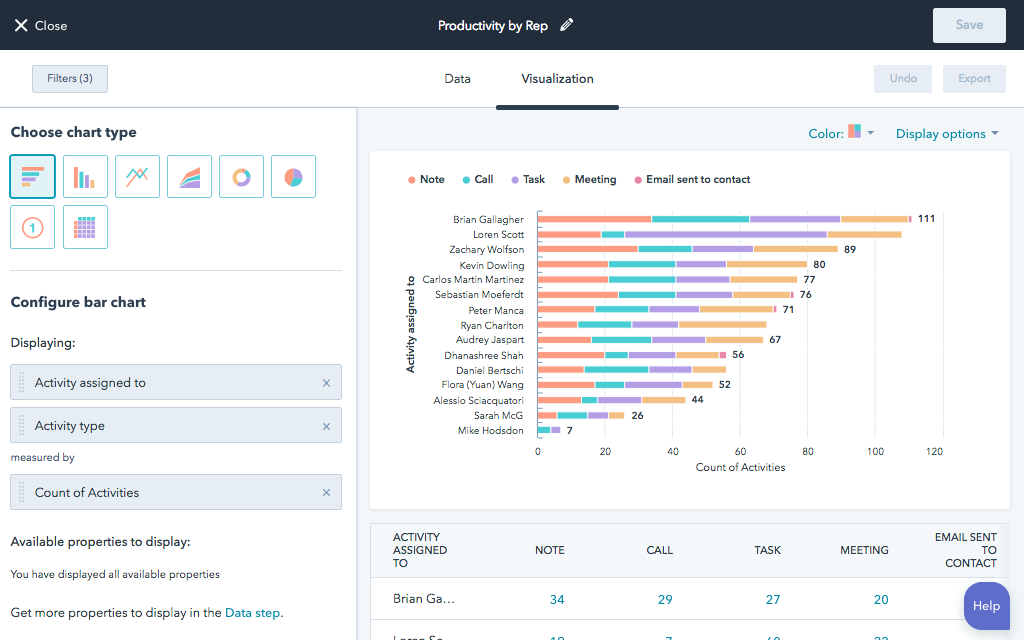
#4 Report Customisation
Construction companies rely heavily on data to make informed decisions.
HubSpot's reporting capabilities allow you to create custom reports tailored to your specific needs. As an admin, mastering report customisation is vital for tracking the success of your marketing and sales efforts and making data-driven decisions.
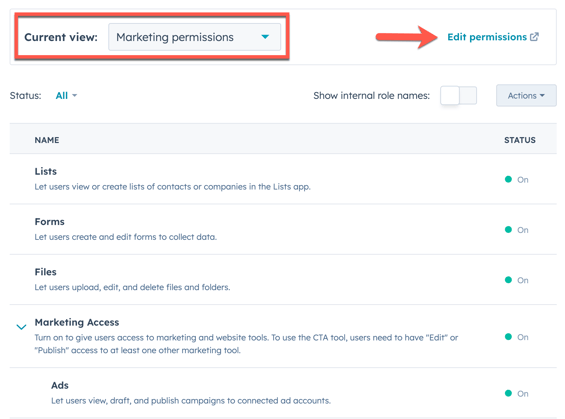
#5 User Access and Permissions
Managing user access and permissions is crucial to maintain data security and confidentiality.
Ensure you understand how to configure user roles and permissions in HubSpot to grant the right level of access to different team members while safeguarding sensitive information.

What if you had a Team of Admins?
Implementing, optimising, and troubleshooting HubSpot effectively requires a significant investment of time, expertise, and resources. That's were partnering with a HubSpot Certified Partner can be a game-changer for your construction business. A HubSpot Partner can bring a wealth of knowledge and hands-on experience with the platform, making them invaluable collaborators in your HubSpot journey.
When it comes to implementing HubSpot, a HubSpot Partner can streamline the process, ensuring that your CRM is tailored precisely to your construction business needs from the outset. This not only saves you time but also minimises the risk of overlooking critical elements. Furthermore, HubSpot Partners can expertly handle data migration, ensuring that your valuable information is transferred smoothly, maintaining data integrity throughout the transition. With their guidance, your team can quickly adapt to the new CRM, reducing the learning curve and accelerating your construction operations' efficiency.
ABOUT INSYNTH
At Insynth, we deliver a predictable flow of leads, customers, and specifications for building product brands through our inbound marketing approach, proven to connect with a technically demanding audience.
The latest marketing techniques such as construction inbound marketing, help building product companies to grow sustainability.
As the only HubSpot-certified agency to major in construction marketing. We have a proven formula of bringing a variety of functionalities together including CRM Implementation, Web Design, SEO, and Content Marketing to achieve your ultimate aim: Growing your business and gaining new specifiers and customers.
Book A Free Consultation Today to discover more.

